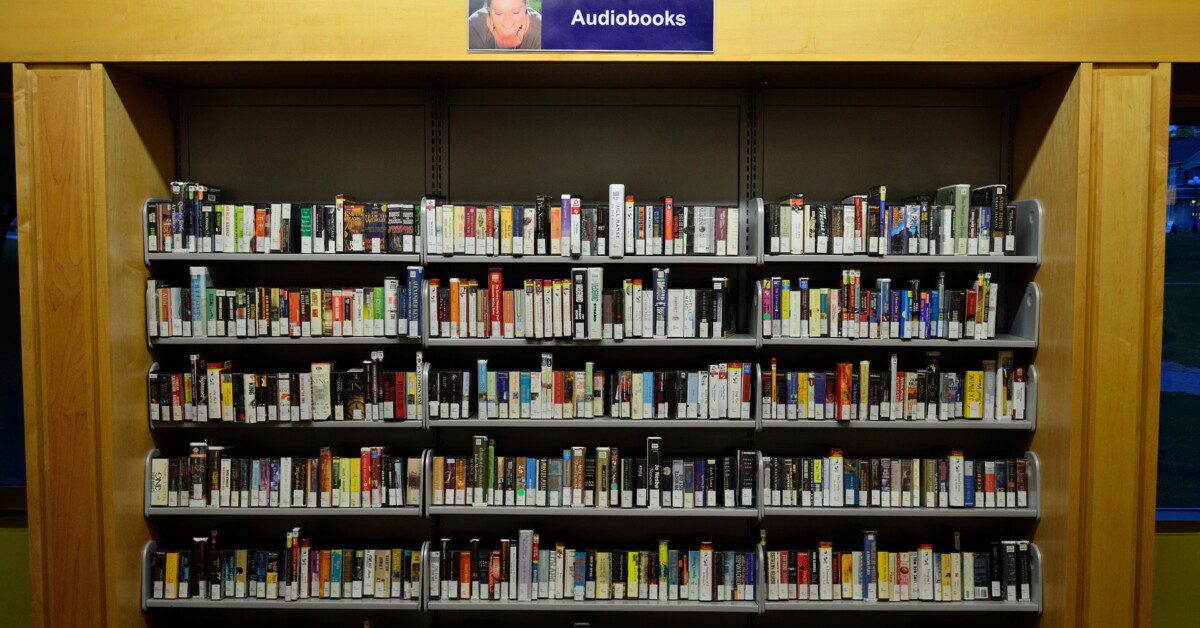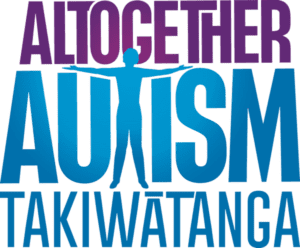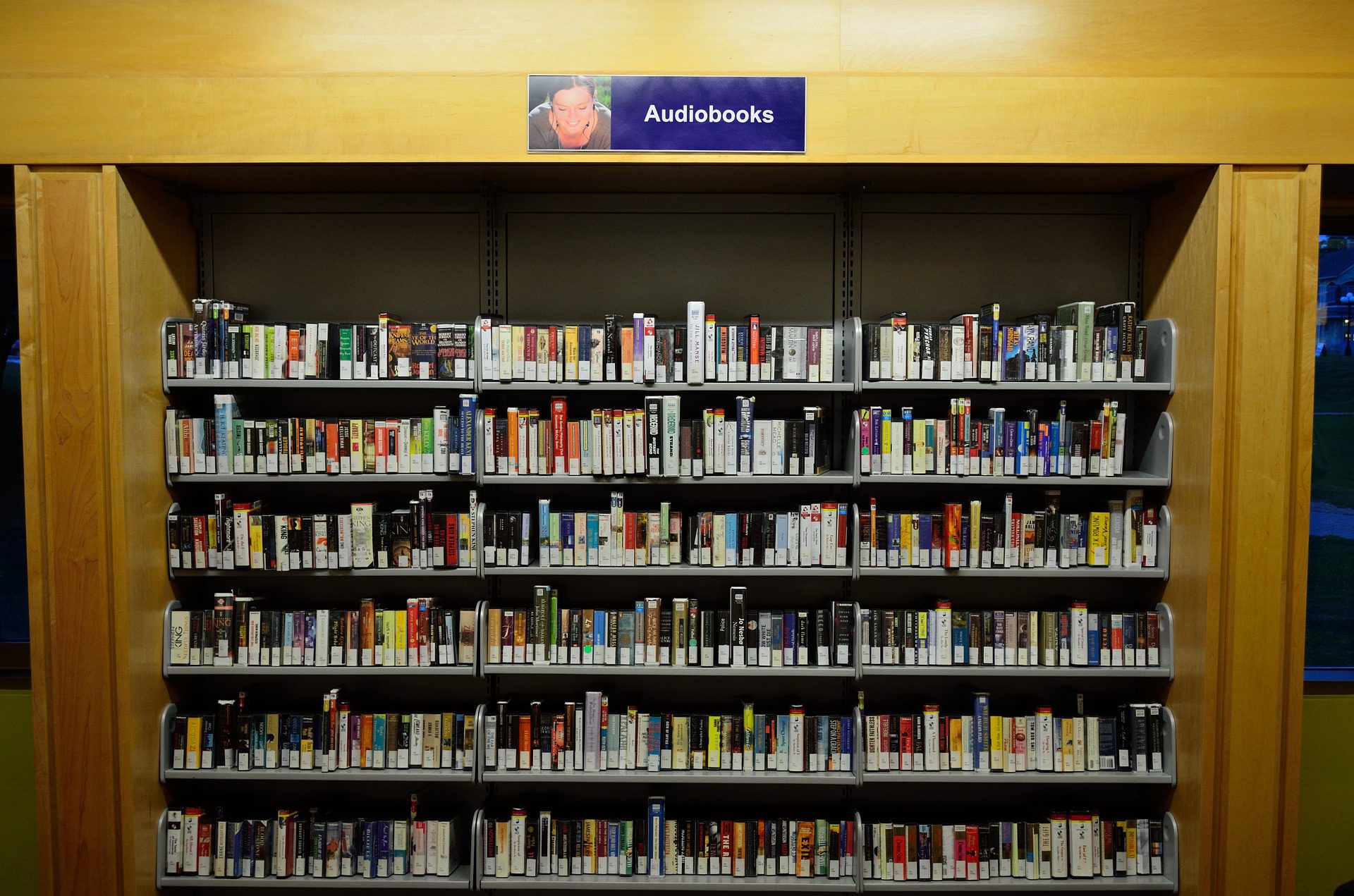
11 September 2017 – Life Unlimited community liaison John McIntosh welcomes New Zealand’s recent decision to join an international treaty that will improve access to written materials for blind and visually impaired New Zealanders.

It’s estimated 90 per cent of all written materials published worldwide are not published in formats accessible to individuals with a print disability – this includes anyone who is unable to read due to blindness, sight impairment or a physical impairment which means they are unable to hold a book.
For the 168,000 New Zealanders who have a print disability, this lack of access creates a barrier to participation in public life, and affects employment, educational and recreational opportunities.
The Marrakesh Treaty was developed in 2013 to address this barrier. It is an international treaty that aims to increase access to published works for people with a print disability.
The Treaty provides for copyright exceptions to improve access to copyright works in accessible formats such as Braille, audio or large print.
These changes will allow more organisations and individuals to produce and provide accessible format works without breaching copyright laws.
Joining the Marrakesh Treaty in 2017 is a positive move that will have real benefits for New Zealanders living with a print disability. These include:
- More timely access to a greater variety of works in accessible formats enabling people to have better education and employment opportunities and outcomes and raising the wellbeing of New Zealanders with a print disability.
- Fewer costs associated with providing accessible format works for print disabled New Zealanders. Schools, libraries and some organisations will be able to more easily source works from overseas, reducing the need for costly local production of works that have been converted into accessible formats elsewhere.
- Meeting New Zealand’s international obligations under the United Nations’ Convention on the Rights of Persons with Disabilities.
This story appeared in the Spring 2017 issue of our free disability e-newsletter Infolink. Read or sign up to receive Infolink here.



 This story appeared in the Spring 2017 issue of our free disability e-newsletter Infolink.
This story appeared in the Spring 2017 issue of our free disability e-newsletter Infolink. 